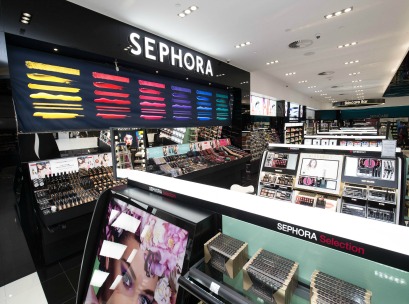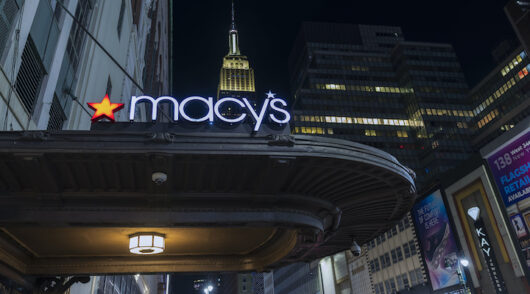 Despite a relatively subdued economy, positive business confidence and firming jobs growth bodes well for occupier demand over the next 12 months in the office, industrial and retail sectors, according to the latest real estate quarterly review by Dexus.
Despite a relatively subdued economy, positive business confidence and firming jobs growth bodes well for occupier demand over the next 12 months in the office, industrial and retail sectors, according to the latest real estate quarterly review by Dexus.
However in its latest research, the property firm expects retail spending to be constrained in the short term by weak consumer confidence and weak wages growth.
The report said the outlook for retail sales growth is mixed and subdued, with low interest rates providing underlying support on the one hand, and weak wages growth is constraining household spending on the other.
Dexus said retailers are facing strong competitive pressures from international and online retailers, while online retailing is gaining share at about the expected rate with current market share around 7.3 per cent of total sales, representing just one of the issues facing retailers.
A combination of broader pressures, including rising costs, is exposing retailers whose business models aren’t optimal including Dick Smith and Pumpkin Patch, though many retailers are adapting and responding to the current climate including Kmart and Cotton On.
Dexus said shopping centre owners are responding to online retailing by increasing the food, leisure and entertainment component in their tenant mix to offer a better experience, and while Amazon’s entry to the market has received extensive publicity and while ‘there is no doubt that Amazon will increase competition, its ultimate impact will depend on the speed and extent of the roll-out’. Initially, according to Dexus, it seems likely that Amazon will have a bigger impact on existing online operators than on physical stores.
Key retail and industrial transactions included the sale of the bulky goods centre Home Hub at Castle Hill to Aventus Property Group for $336m (at an initial yield of 5.5 per cent and the Primo Foods portfolio to Charter Hall for $179.4m. Charter Hall also purchased Coca-Cola’s distribution centre at Richlands in Brisbane for $156m.
Dexus said key points of interest include over the last quarter include the Federal Parliament passing legislation that will close the $1,000 GST Low Value Threshold loop-hole on goods purchased from overseas from July 2018; JD Sports has now opened stores at Melbourne Central (VIC), Westfield Parramatta (NSW) and is opening at Miranda (NSW); Decathlon will open its first store in Tempe (NSW) later this year and has plans for around 100 stores nationwide; and David Jones has announced it will open its first gourmet food offering at Westfield’s Bondi Junciton in August.
Meanwhile, New South Wales is Australia’s best performing economy, according to the latest State of the States Report released by CommSec.
Each quarter, the online broker arm of Australia’s largest bank assesses how each state and territory is performing on eight economic indicators.
NSW retained its top rankings on both retail trade and dwelling starts and is second on five of the eight indicators used for rankings.
Victoria lifted to second place, overtaking the Australian Capital Territory which has dropped due to a softening of the job market in recent months.
“Overall the Australian economy is doing well,” said Craig James, CommSec chief economist. “But it is clear that much of the momentum is being provided from Australia’s south-east with New South Wales, Victoria and the Australian Capital Territory leading the way.”
James said that while firm population growth and home building have been providing key economic momentum, infrastructure spending will be a key growth driver in the year ahead.
The report compared states and territories using the latest data on economic growth, retail spending, business investment, unemployment, construction work, population growth, housing finance and dwelling commencements.
Tasmania remains in fourth spot and is joined by Queensland. There is then a small gap to South Australia, in sixth position followed by Northern Territory in seventh.
Western Australia continues to lag other economies and annual growth rates remain below national averages on all indicators.
Access exclusive analysis, locked news and reports with Inside Retail Weekly. Subscribe today and get our premium print publication delivered to your door every week.





